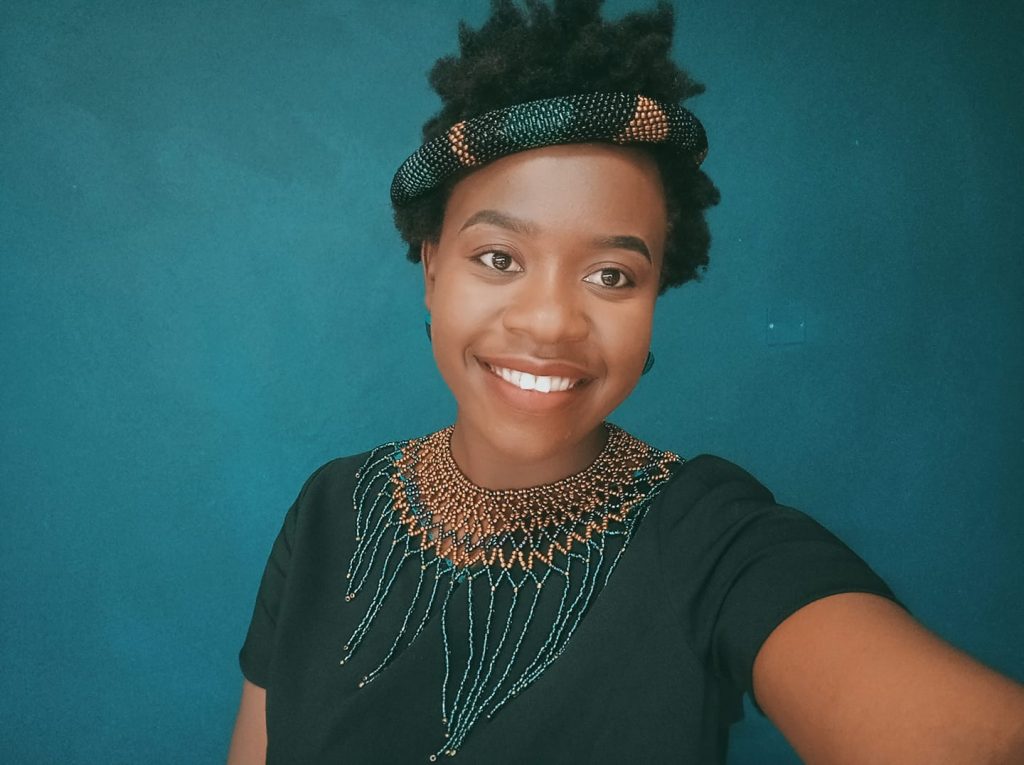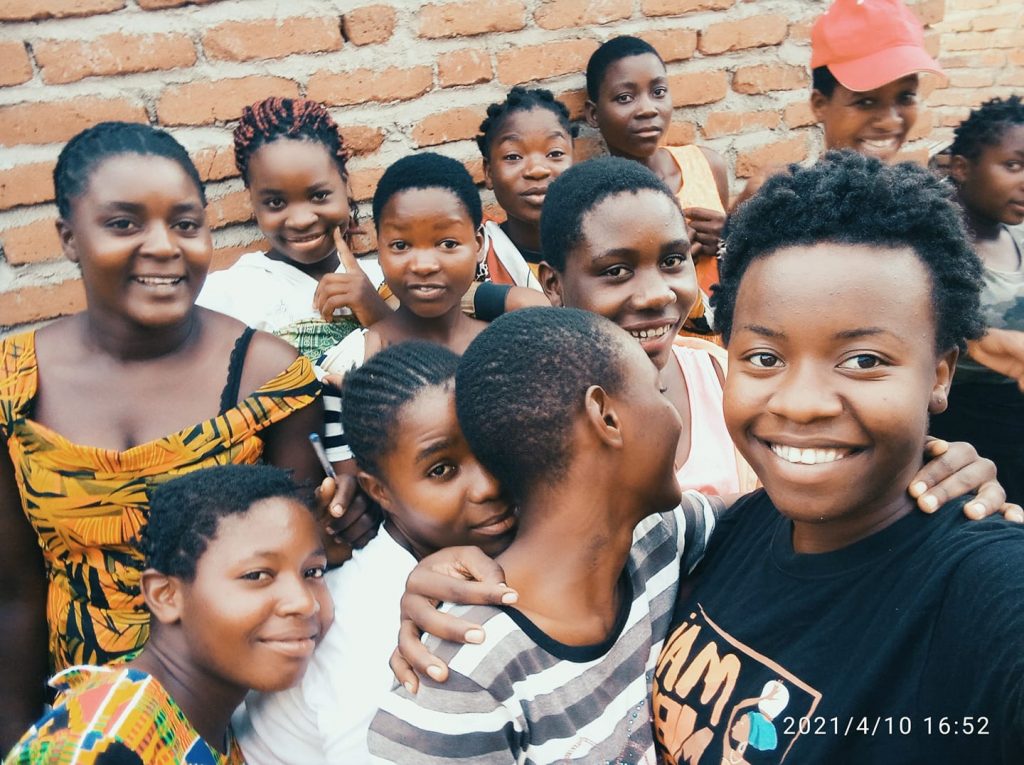Deborah Mbale – Inspiring women and girls
Mai Mbambande Foundation is an initiative that mirrors the life of its founder, 21-year-old Deborah Mbale. The experiences she has encountered in life prompted her to do something to change the circumstances.
She says: “I often found myself in situations where I was looked down upon and constantly told that I cannot amount to anything in life. I kept living that life until one day I decided to never let my circumstances define me, and to confidently say that I am phenomenal.”

Then behold, the young woman who enjoys reading books, travelling, cooking, and making friends, started Mai Mbambande—a social media platform that is aimed at motivating girls and fellow young women, by telling stories of other females.
“I wanted Mai Mbambande to be a platform that would enable women to be motivated through the stories of other women. I then started going around villages, filming women with my phone. By then, I had no proper camera to use but that did not stop me,” says Mbale.
By and by, the adventurous youth started making progress. She found a camera and started shooting standard videos, featuring different women from all walks of life.
With time, Agelo Mbambande was birthed, largely because with Mai Mbambande programmes showcased on social media, especially Facebook, the reach is typically limited to urban dwellers, leaving out rural audiences.
As such, she established clubs in rural areas for girls and women (Agelo and Mai Mbambande Clubs) where she showcases the motivational videos from a mobile television screen.
The foundation also gives motivational talks in primary and secondary schools, with all these activities taking place partly in Lilongwe, but mostly at their base in Mangochi which has one of the highest school dropout rates among girls in the country. They are on a quest to help girls stay in school and for dropouts to return to school.
She believes strongly that an educated female population increases a country’s productivity and fuels economic growth.

There is also a helping arm to Mai Mbambande—the Upper Hand Initiative—aimed at helping vulnerable groups in different communities with some basic needs to help girls stay in school.
The Upper Hand Initiative also equips these vulnerable groups with skills to help them generate money and support themselves to earn a living.
So far, the public has responded positively to the initiative, with feedback showing that some women have started businesses and created jobs for themselves and others. Some girls have gone back to school and women given themselves another chance in life.
“The women are challenged and motivated by the stories of other women and are given the assurance of better days ahead. In the communities we reach out to, girls who dropped out are going back to school. Through these initiatives, women have also acquired skills to help their families,” she says.
One of the followers of Mai Mbambande programmes, Blantyre-based Faith Kaunda, affirms that she has been encouraged by the programmes.
“I came across the Mai Mbambande page about a month ago and I am a changed person. I get so motivated by the programmes; my confidence was restored, and I believe that now I can be the best mother to my children.
“I watch the programmes with my daughters and it gives them confidence that it is possible for them to achieve whatever they want regardless of the obstacles,” says the widowed mother of two.
However, positive as it may be to the masses out there, the initiative is facing some financing challenges.
All three initiatives demand a lot of travelling and reaching out, to meet the needs of the rural women they interact with. Additionally, some programmes are still in the pipeline because of the same problem of finances.
“As Mai Mbambande Foundation presently, everything depends on our own pocket,” she says.
Not only that, she cites that the activities under the initiative have also been affected by the Covid-19 pandemic, restricting their production, for instance.
“We would like to reach out to all schools in the country, and to more communities.
“We want to equip more women in rural areas with vocational skills that will help them become financially independent so that they, too, can have a voice in bringing change in society and be recognised as influential. But for all this to happen, we need funds,” she says.
Her professional life includes past work with Pentecostal Life Radio and Great Dominion Television, where she previously worked as a presenter. She also worked as project assistant at WHY Malawi and currently works with Ayiya LED company.
Mbale, whose father is a pastor and professional accountant and mother a teacher, grew up in Lilongwe where she lived with an extended family. She faced many challenges, particularly after her father lost his job in 2014, which turned their family’s life upside down.
“I remember I had to change schools, and life was not easy. We had to work harder to survive. In 2016, as I wrote my Malawi School Certificate of Education (MSCE) examination, I fell ill and had to skip some papers. I ended up scoring undesirable results. But I encouraged myself to look beyond the failure and go back to school,” explains the last born in the family of three children.
By end 2017, Mbale got a lucky break, and was sent to a private boarding school by a certain loving family.
Later, after years of staying home, with no chance of furthering her studies, she established a restaurant in Nathenje to support her family and to keep her going. Eventually, without any opportunities in sight for a proper job, she created the Mai Mbambande Foundation.
Mbale encourages young women to believe in their dreams and not let their background define their future.
“Work hard in all you do and never despise your humble beginnings. Most importantly, put your trust in God,” she says.
Born on December 1 1999 at Bwaila Hospital in Lilongwe, Mbale, comes from Isongwe Village, Traditional Authority Mwahenga in Rumphi.





